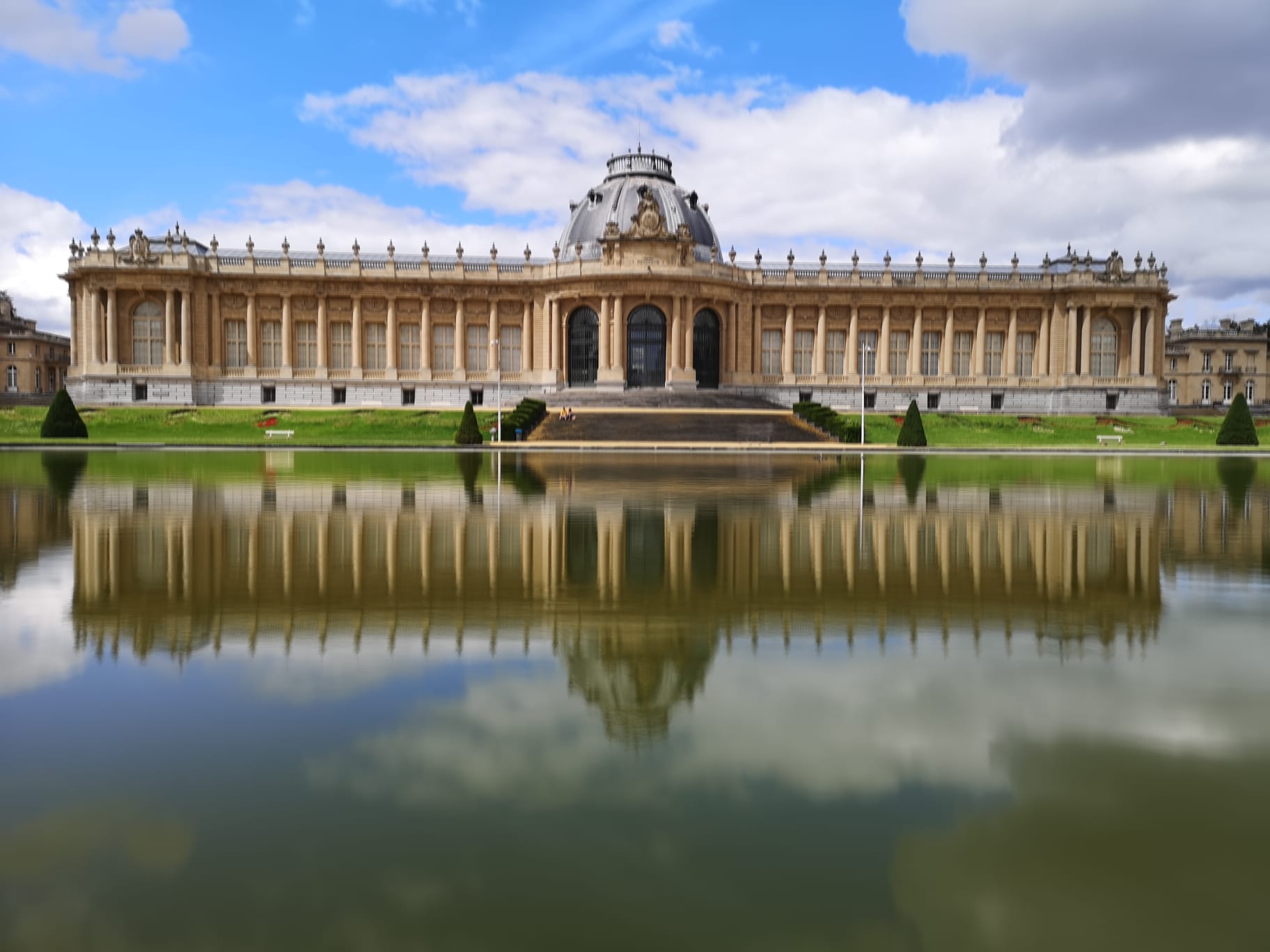Working Through Covid-19
Covid Strikes Again
As you may know from my previous blog post, I have been residing in Brussels, Belgium over the past couple of weeks. This has allowed me to be more productive at work and has also facilitated communication with my colleagues as we no longer have to work on different schedules due to the time difference between The Hague and North America.
As Europe had been slowly opening up more and more the further we got into summer, and as vaccination rates had been increasing quickly, my colleagues decided to host the annual review meeting in person. Excited to finally meet my colleagues and get to know the people behind the emails I had been receiving, I organized my trip to the Netherlands.
6 AM, the morning of my trip: I woke up to a message from my boss stating that the meeting had been canceled. Covid-19 cases in the Netherlands had skyrocketed climbing from under 1,000 cases a day to over 10,000 in the span of under a week.
While very disappointed, I was determined not to allow the sad news to ruin my entire day. Thankfully, the rain decided to take a break after countless days of dreariness. The sun made an appearance and allowed me to do some sightseeing. I went to Tervuren - a quiet, green town on the outskirts of Brussels which is also where the Royal Museum for Central Africa is located.
Summer Conversations with International IDEA
Despite the negatives of Covid-19, the circumstances have allowed for the incredible opportunity to attend summer talks organized by a Senior Program Officer for the Constitution Building Program. The talks were organized for me and three other fellows working for International IDEA to be able to learn about work International IDEA is doing throughout their offices and to speak to experts in their field. So far, I have attended two talks, one on Electoral Assistance and the other on International IDEA in Latin America.
I was particularly interested in the second talk as the speaker addressed the constitutional reform process occurring in Panama, very relevant to my research this summer. I learned that the citizens in Panama can be seen as catching the constitutional reform bug from Chile as quite a few people in Panama support constitutional reform—a reform currently taking place in Chile. The people of Panama are blaming the Constitution for the hardships faced in the country and not the leaders themselves; thus, lending itself to an atmosphere where a constitutional reform is being called for. However, the leaders seem to be the cause of the hardship and have no interest in following through on the reform process. Currently, the Constitution is being reviewed and analyzed so it will be interesting to see how the situation evolves.
I very much enjoyed these talks and look forward to the next talk I will attend on the International World of Political Affairs and Think Tanks.
Continued Projects
My projects over the past two weeks have continued to keep me very busy. I received edits and comments on the second draft of Mali’s constitutional history which I revised and then submitted the revisions to be reviewed again. As well, I continued my research on the constitutional innovation of environmental protection. Once I finished researching and writing my report on Tunisia, I was assigned research for Kenya and now Hungary. Through my research of Kenya, I became very impressed. The country has enshrined in their 2010 Constitution the right to a clean and healthy environment, with several State obligations, including the implementation of a court that specifically focuses on environment, and land, cases. One interesting fact is that an injury or harm of some kind does not have to be proven by the prosecution to bring a case for an environmental violation thus allowing activists and NGOs to bring lawsuits on behalf of citizens harmed.
I have just begun to research the Deputy Commissioner for Future Generations enshrined in Hungary’s 2011 Constitution. I am excited to dive deep into the creation and formation of Hungary’s innovation and compare it to the innovations in Tunisia and Kenya.
